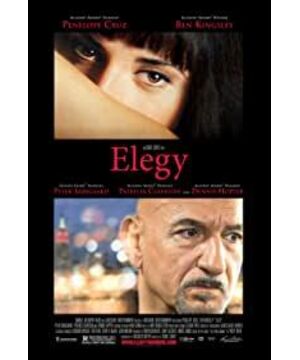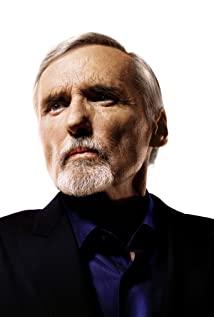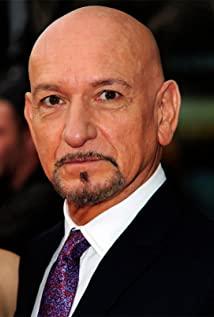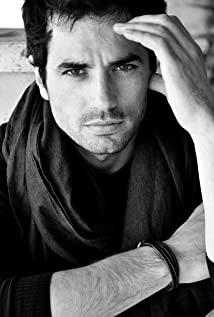First of all, from the perspective of the male protagonist, it involves the following themes: freedom from escaping the system and responsibility and the loneliness that accompanies it; the aging body and the desires of the youth; his relationship with the woman is just a time-lapse fate A tragic corner of helplessness.
As for the female lead, she is also an independent existence. In the film, the relationship between their teachers and students is not emphasized. At best, it is only a way to know each other.
In this relationship, there is no benefit, worship, and worship, and she appreciates him because he's an attractive man, isn't he? He is indeed a charming and unique man. In the movie, except for the uncomfortable part when he lied to his old lover, at other times, he is calm, kind and tender. In her eyes, he has nothing extra. The character is just a lover who gets along well.
he to her? How can it be purely physical and youthful love? Beautiful things make people fascinated, she is such a beautiful and special woman, he is so moved by her that he forgets his age. The aging body still has a heart and eyes that are sensitive to beauty.
He studied art, all kinds of beautiful and ugly things, and she was the best work of art he had ever seen. Does he need any other reason to love her?
And she, this special woman, I don't think those young men can impress her and conquer her. There must have been many men who said to her, "These are the most beautiful breasts I've ever seen," but no man said, "I don't like them, I adore them." And no one gave her this unique But full of safe love.
She loves him, and she loves her own good soul.
So, where is there love, I only see the endless loneliness and powerlessness of people in the long passage of time. When George died, I fell on his wife's chest and cried bitterly, and my tears fell. This old poet, writing poetry, cheating, pursuing a romantic and uninhibited life, but at the end of his life, he is so helpless and seeking nothing more than It is the most mundane touch of warmth.
He also cried when she said he had been scared for a whole month.
It was already a feeling that was integrated into the blood. Pain is connected.
After they parted, she didn't find a boyfriend because she was not interested. He said that he had lived for the past two years just to wait for a phone call from her. I believe this. There are some people who should stop when they encounter them and move on, only desolation and loneliness.
View more about Elegy reviews











